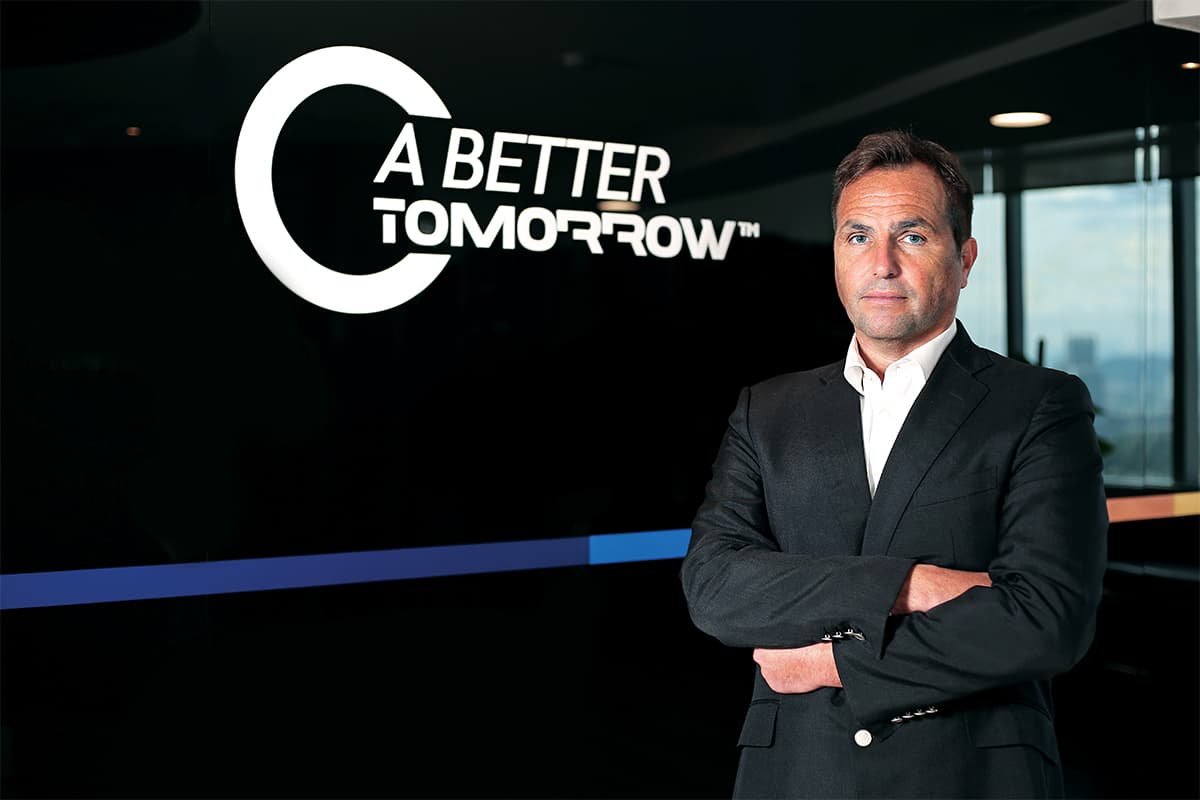

British American Tobacco (Malaysia) Bhd (BAT Malaysia) has a clear purpose — to build “A Better Tomorrow” by reducing the health impact of its business. And, in so doing, create multi-stakeholder value.
Traditional tobacco cigarettes pose serious health risks. The only way to avoid these risks is to not start — or to quit — smoking. Yet, millions of Malaysians choose to smoke.
That’s why BAT Malaysia is transforming itself. The company’s goal is to provide adult smokers with less risky alternatives. The BAT Malaysia of tomorrow will be a high-growth, multi-category consumer goods company with sustainability at its core.
Sustainability has always been in the company’s DNA. However, it is now front and centre of everything it does. BAT Malaysia managing director Nedal Salem explains how the business’ sustainability strategy can be distilled down to four pillars. “We will build ‘A Better Tomorrow’ by reducing the health impact of our business and championing environmental, social and governance excellence.”
It is clear that at the moment, the pillar bearing the most weight is harm reduction. With more than one million Malaysians currently using nicotine vapour products, this focus makes sense.
When it is legal to enter the Malaysian nicotine vapour market, BAT Malaysia wants to satisfy consumer needs and reassure them that the product that they consume is manufactured to the highest quality and safety standards. The BAT group globally has pumped more than US$2.5 billion (RM10.45 billion) into conceptualising its next generation of offerings. This is based on the work of more than 1,500 R&D scientists.
As such, Nedal says “Responsible, science-backed and well-thought-through regulation is essential to ensuring that adult Malaysian consumers can enjoy reduced-risk products with confidence, while the government can be assured of product quality.”
He adds, “Appropriate regulation would give consumers who might otherwise continue to smoke the confidence to use products such as nicotine vapes. This has been the practice in countries such as the UK and New Zealand, where such products are supported by the government. Providing consumers with sound, evidence-based science will allow them to make an informed choice.”
Championing the environment
Along with reducing the health impact of its business, BAT Malaysia also takes seriously its role in combating climate change to benefit society at large. “Addressingclimate risks and opportunities across our value chain is key to the sustainability of our business,” says Nedal.
As such, BAT Malaysia will not only be eliminating single-use plastics but also work to ensure that 100% of its plastic packaging will be either reusable, recyclable or compostable by 2025.
“We are also increasing our use of renewable energy and pushing towards carbon neutrality in our operations. This includes solar energy deployment at our factory in Johor Baru plus other business operations nationwide, and the deployment of hybrid vehicles. In relation to our factory, we expect to be carbon neutral by the end of 2021,” says Nedal.

